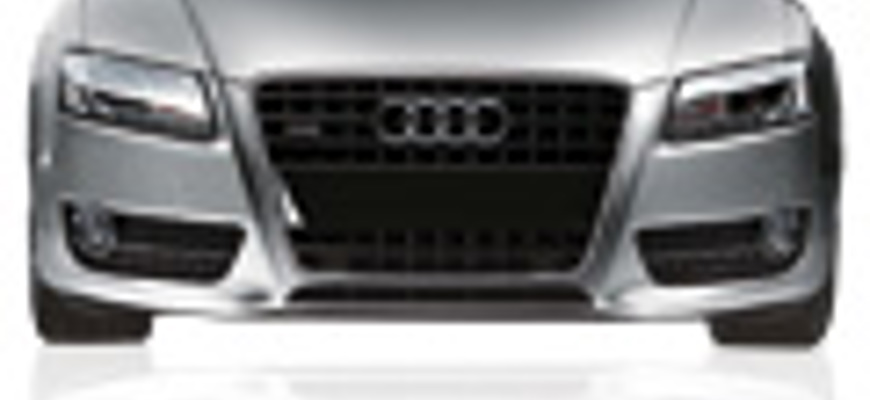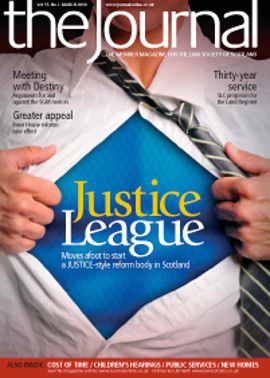Precious words

The registration of advertising slogans as trade marks can be a key part of a brand owner’s IP portfolio and the goodwill in a brand. An advertising slogan can be as important in identifying the origin of goods or services as the product or brand name. For example, the slogan “Have a break, have a Kit Kat” is synonymous with the Kit Kat brand.
The recognition that slogans can be valuable trade marks in their own right has given rise to a body of case law in this area. A recent decision by the European Court of Justice (ECJ) in January 2010 provides useful guidance on the criteria for registration of advertising slogans. In Audi AG v OHIM (case C-398/08) the ECJ overturned the decision of the EU General Court (formerly the Court of First Instance) and allowed Audi to register “Vorsprung durch Technik” as a trade mark in a variety of classes for goods and services.
Stalled at first instance
Audi applied to register a Community trade mark for its advertising slogan “Vorsprung durch Technik” (which in English means “advance” or “advantage” through technology) for a variety of goods and services. The Office for Harmonisation in the Internal Market (OHIM) granted the trade mark only in respect of goods in class 12 (vehicles and apparatus for locomotion by land).
OHIM rejected the application for all other goods and services on the ground that it was devoid of any distinctive character, a decision upheld by the EU General Court. This is an “absolute ground” for refusal of registration of the trade mark set out in article 7(1)(b) of CTM Regulation 40/94 (which is mirrored in s 3(1)(b) of the Trade Marks Act 1994). It ruled that “Vorsprung durch Technik” was a “banal objective message” which conveyed that Audi’s advancement through technology enabled them to provide technologically superior goods and services to those of their competitors. The slogan did not allow the relevant consumers to remember the expression easily and immediately identify it as distinctive to Audi.
Vorsprung on appeal
The ECJ overturned the decision of the General Court, which they ruled had not substantiated its ruling that the mark would not be understood by the relevant public that Audi was the origin of the goods and services. The ECJ did not agree that the nature of advertising slogans necessarily meant that there was an inherent difficulty in establishing distinctiveness. The ECJ stated it is not appropriate to apply stricter criteria to the registration of advertising slogans than any other marks. An advertising slogan should not be categorised as inherently devoid of distinctive character such that it is more difficult to register than any other mark. The court held that “Vorsprung durch Technik” exhibited a “certain originality… which makes it easy to remember”, and thus the relevant consumers/public would easily understand that goods and services provided under the slogan originate from Audi.
Distinctive marks
This is a practical commercial decision by the ECJ, confirming that the criteria to register a trade mark apply equally to a series of words which comprise an advertising slogan as they do to brand names. It recognises the vast resources that are often invested in developing and promoting slogans and strap lines as part of modern brands.
The decision should not be seen as a carte blanche to register all slogans, and there are particular pitfalls of which prospective applicants should be wary. Many advertising slogans (by their very nature) describe the quality of goods or services to which they relate. A trade mark will be refused registration if it exclusively designates “the kind, quality, quantity, intended purpose, value, geographical origin… or other characteristics of goods or services” (s 3(1)(c), Trade Marks Act 1994).
A trade mark can acquire distinctiveness through use and this could be an alternative, albeit longer and potentially more expensive, route to registration of a slogan which at first may be descriptive or devoid of distinctive character but which becomes exclusively associated with the brand/brand name over time.
The ECJ ruling suggests that the more unusual the combination of words in the slogan, the greater the prospects of the mark being distinctive from the outset in identifying the goods or services to which it is applied. For brand owners it demonstrates the value of a memorable advertising slogan (meerkats and insurance spring to mind!). Certainly it is advisable that brand owners consider registering slogans as trade marks to increase overall brand protection, rather than having to potentially fall back on the law of passing off.
- Mark Cruickshank and Robert Buchan, Maclay Murray & Spens
In this issue
- When is oppression not oppression?
- PAYE penalties – another trap for employers
- Future on the line
- End o' anither auld sang?
- Rights team
- House prices rising – official
- ABS: time to decide
- Streamlining the Inner House
- When cash is king
- The shape of things to come
- Effective participation?
- Keeping tabs on the EU
- How to survive and thrive - read on
- Law reform update
- All-round support
- Family business initiative progresses
- From the Brussels office
- World IP Day approaches
- Going beyond 2010
- Need life be a pressure cooker?
- Ask Ash
- Target practice
- The essence of victim
- Moved with e-motion
- Precious words
- The future of crofting
- A clash of cultures
- If it sounds too good to be true...
- Website review
- Book reviews
- Services transformed
- Consumer Code for Home Builders
- Estate agency fixed fees: the way ahead?






